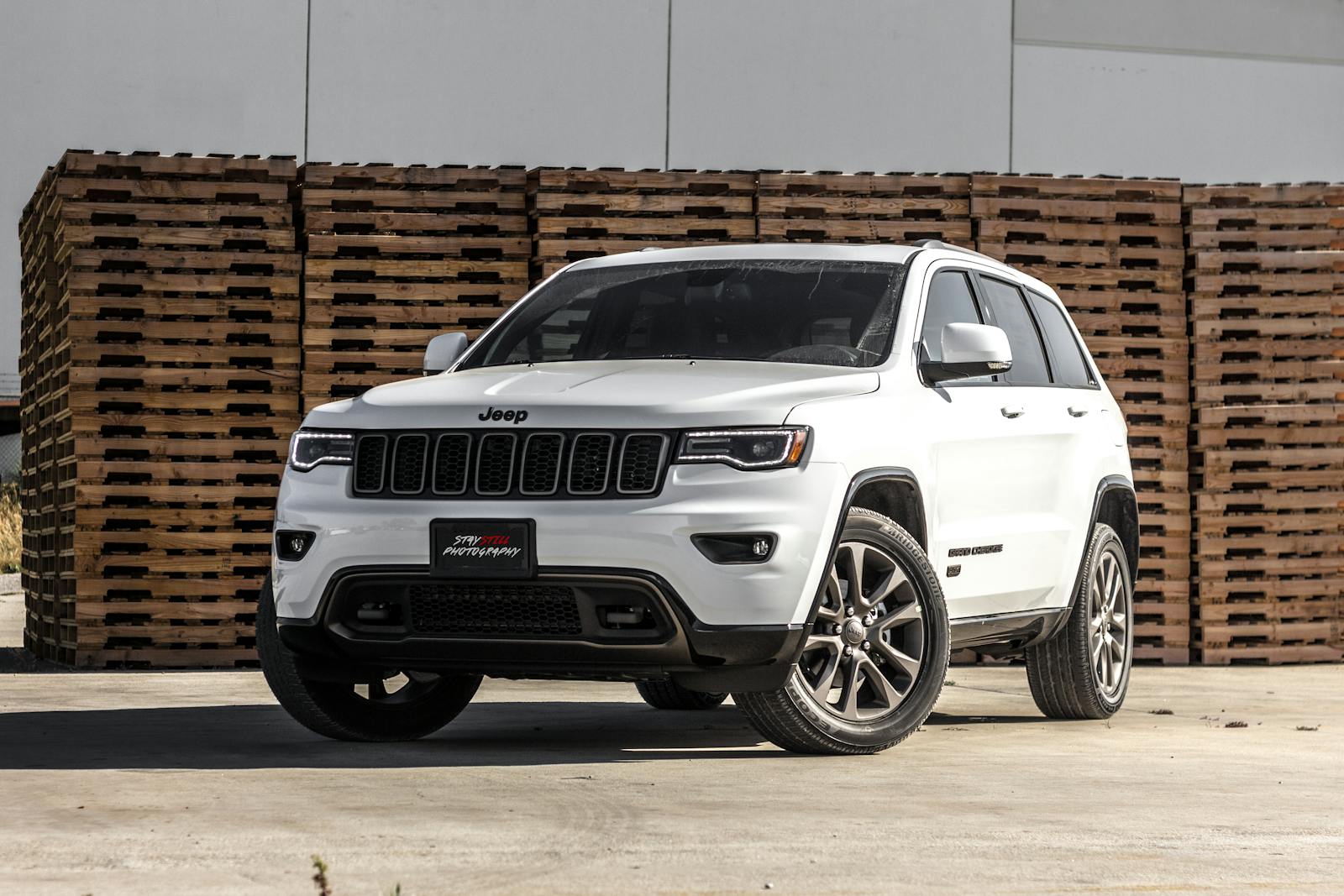Making sense of auto insurance in Alabama and Georgia can feel like navigating a maze, especially when it comes to terms like “comprehensive” and “collision” coverage. In this guide, we’ll break down the distinctions between these two crucial types of coverage to help you make informed decisions about protecting your vehicle on the roads of Alabama and Georgia and discuss why each of these are important coverages to carry on your vehicle.
What is Comprehensive Coverage?
Comprehensive coverage is a type of auto insurance that helps pay for damage to your vehicle that occurs from non-collision incidents. Most insurance companies have started referring to comp coverage as “Other Than Collision”. Comp coverage can include things like:
- Theft
- Vandalism
- Fire
- Natural disasters (like hurricanes, floods, tornadoes, and hail)
- Falling objects (like tree limbs)
- Animal collisions (like deer)
Comprehensive coverage is optional in most states, including Alabama and Georgia, but it’s often required if you lease or finance your car. Comprehensive coverage typically has a deductible that you must pay before your insurance kicks in to cover the rest of the repair costs. It’s important to note that comprehensive coverage does not typically cover medical expenses or liability for damages to other parties involved in an accident.
Comprehensive coverage is also the coverage that pays to fix cracked, chipped, or broken windshields. Many times the deductibles for glass coverage are less than those for other claims for bodily damage and theft related causes of loss.
In essence, comprehensive coverage shields your vehicle from a broad range of non-collision-related risks, providing financial assistance to repair or replace your car in the event of covered damage. Without comprehensive insurance coverage you will have to pay out of pocket for these repairs to be made to your vehicle from events that are listed above.
What is Collision Coverage?
Collision coverage is a type of auto insurance that helps pay for repairs to your vehicle if it’s damaged in a collision with another vehicle or object, regardless of who is at fault. This coverage is optional in most states, but it’s often required if you lease or finance your car. Like Comprehensive Coverage, Collision coverage typically has a deductible, which is the amount you pay out of pocket before your insurance kicks in to cover the rest of the repair costs. It’s important to note that collision coverage only applies to damage to your own vehicle and does not cover injuries or damages to other parties involved in the accident. Some types of instances in which collision coverage would pay for damages are:
- Accidents with other vehicles
- Collisions with stationary objects (e.g., guardrails, fences, poles)
- Single-car accidents (e.g., hitting a tree or a curb)
Collision coverage is particularly valuable as it can help cover the costs of repairing or replacing your vehicle, even if you’re responsible for the accident.
Key Differences Between Comp and Collision Coverage
While both comprehensive and collision coverage offer protection for your vehicle, they differ in the types of incidents they cover:
- Cause of Damage: Comprehensive coverage applies to damage caused by non-collision-related events, while collision coverage applies to damage resulting from collisions.
- Examples of Covered Events: Comprehensive coverage protects against theft, vandalism, and natural disasters, while collision coverage protects against accidents with other vehicles or objects.
- Coverage Limits and Deductibles: The coverage limits and deductibles for comprehensive and collision coverage may vary depending on your policy and insurer.
Which Coverage Do You Need in Alabama and Georgia?
Determining whether you need comprehensive, collision, or both types of coverage depends on several factors, including your vehicle’s value, your budget, and your risk tolerance. In general:
- If you own a newer or more valuable vehicle, both comprehensive and collision coverage may be worth considering to protect your investment.
- If you have an older or less valuable vehicle, you may opt to forego comprehensive coverage and focus solely on collision coverage.
- If you’re leasing or financing your vehicle, your lender may require you to carry both comprehensive and collision coverage until the loan is paid off.
Conclusion
Understanding the differences between comprehensive and collision coverage is crucial for making informed decisions about protecting your vehicle on the roads of Alabama and Georgia. Ready to explore your auto insurance options? Contact AL-GA Insurance today to learn more about comprehensive and collision coverage and find the policy that’s right for you. Drive with confidence, knowing you’re protected every mile of the way.
Want more information about Comprehensive and Collision Insurance? Check out the Alabama Department Of Insurance.



No responses yet